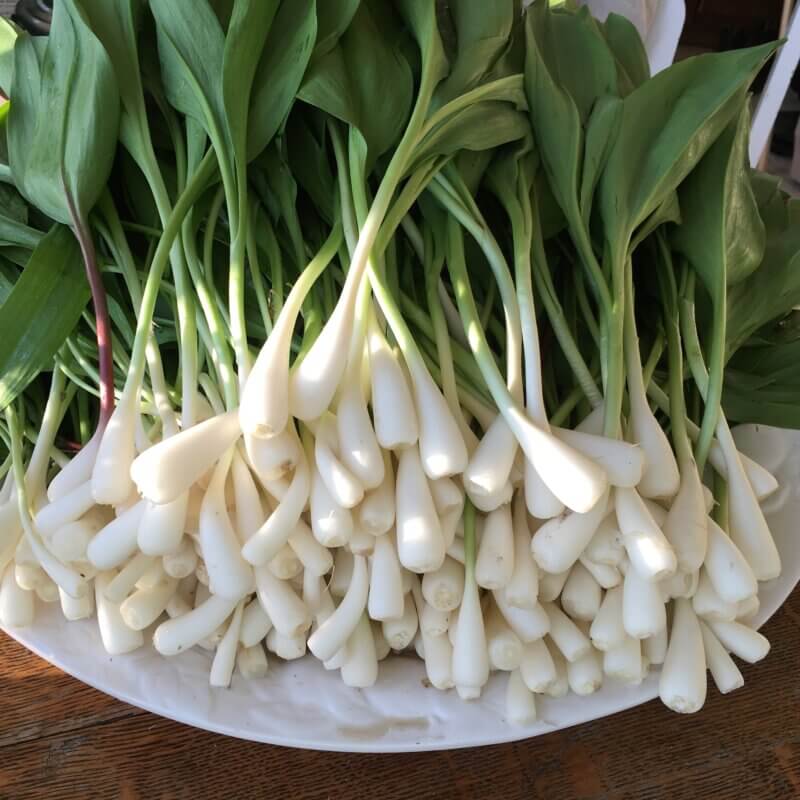Hunting for turkeys, gleaning gratitude
As I enter the 64th spring of my life, the contrast of age and youth is more apparent than ever. I have lost several good friends this past year and despite my own body in dire need of repair, my spirit soars with the youthful exuberance of spring.
The fragrance of the first lawns to be cut and the antiseptic fragrance of the lake releasing the detritus from the past fall draws me into a state of reverence for all that is recreated each year. The air is cleaner. The grass is greener. Forsythia bushes burst with brilliant yellows. Daffodils and tulips thrust their crowns toward the sunlight and the sacred sun sets later each day.
The peepers have begun their nightly chorus that sings us to sleep outside of bedroom windows intentionally left open.

Courtesy photo.
Old Vermonters know how to read the calendar by the sounds. “The best bullpout fishing is after a warm spring rain, when peepers sing their loudest.”
Spotted salamanders scurry across dirt roads to follow their instincts leading them to love in the vernal pools. Wild turkeys begin to break up into smaller flocks. The young short-bearded jakes chase the broody hens and try to mate with them before the Boss Tom recognizes that they have snuck in front of him. The jakes are like silly teenagers with all the arrogance of raging hormones and no common sense. The Boss Tom gobbles with a thundering full-throated declaration of supremacy. He struts with the regal confidence of a despot, a full fan for a tail, his head powder blue and white with bright crimson waddles that hang below his beak. His face is adorned with a strange dangling piece of flesh hanging over his beak. This is his pedigree. Like most males obsessed with size, the old tom’s snood hangs lower than any of the young jakes and distinguishes him as the dominant bird in the flock.
May 1. Opening Day of turkey season finds my creaking bones crawling under a barbed wire fence by rolling under it, and after crawling up the steep hill, I am struggling to breathe. Yes, I am out of shape. But the new hip reserved for me on June 5 should change things. But for now, no amount of pain or suffering can compare to the anticipation of that first gobble from the roost just 100 yards away.
I like to note the time of the first gobble each year. It is consistently between 5:10 a.m. and 5:30 a.m. if the sky is clear and much later if it’s cloudy.
The stars are beginning to fade in the eastern sky and the dark purple begins to blend into a deep blue, then a shade of sage appears above the blue arc. As the sage begins to merge into burnt orange, I am lost in meditation with the sky, contemplating the miracle that has allowed me to walk for another day above ground. In that deeply existential moment, as I feel like I am a part of all this, the deep-throated scream of the Boss shatters the silence of the valley. In perfectly timed response, every other male in the flock asserts their own virility to let the hens know that they, too, are prepared to breed.
Thirty minutes later I hear the heavy wings smashing through limbs and powerful wings beating against their chests as they descend to the forest floor. A couple of quick putts, a few cackles and one last thundering gobble lets the flock know what route the Boss has chosen for the morning.
I am sitting under an old oak and there is another hunter below me a couple of hundred yards downhill. I am close to the roost, so I’m thinking I should get the first crack at the old boy. He gobbles one more time, launches off the roost and coasts down the hill, landing right in front of the other hunter. It’s as if he had thought about this all night and set his flight pattern to land on that exact spot. The hunter below me shoots the magnificent bird and drops him with one shot from a mere 10 yards away.
I walked down the hill to the other hunter to congratulate him and a strategy well played. I introduced myself, and much to my surprise, he already knew me. He tells me that his friend, Caleb Wright, has told him about me and that he needs to meet me if he wants to learn the waterfowl game. I am flattered. This was the beginning of a new partnership.
I congratulate him and ask him if he’s ever done any foraging. Rather than go home without a bird, I turn around and climb back up the steep rocky terrain. I crawl over some slippery old boulders to my secret spot for wild ramps. I reach into the large pouch in the back of my vest, meant to carry out a turkey, and instead, fill it with some of the largest ramps I’ve collected. Not too many. Just enough for a meal and a few to pickle with vinegar, honey and ginger.
My heart is filled with gratitude for all that has been offered me. A new friend, ramps and one more Green Mountain sunrise.
(Bradley Carleton is executive director of Sacred Hunter, a privately owned limited liability corporation that seeks to educate the public on the spiritual connection of man to nature through hunting, fishing and foraging.)

